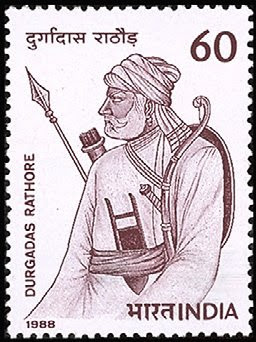George IV, born on 12 August 1762, and reigning as King of the United Kingdom from 1820 until his death in 1830, is remembered as one of the most colorful and controversial monarchs in British history. He was the eldest son of King George III and Queen Charlotte and served as Prince Regent from 1811 to 1820 during his father's bouts of mental illness, effectively ruling the country before officially becoming king.
George IV's reign was marked by a period of lavish excess and indulgence, reflecting his personal tastes and lifestyle. As Prince Regent, he was known for his extravagant spending on art, architecture, and fashion, leading to significant contributions to British cultural life. He commissioned the construction of the Brighton Pavilion, a stunning example of Regency architecture with its distinctive Indian and Chinese influences, and played a key role in the development of London’s Regent Street and Regent's Park.
Despite his contributions to the arts and culture, George IV's personal life was marred by scandal and public disapproval. His marriage to Caroline of Brunswick was notoriously unhappy, and the couple eventually separated, with George attempting to divorce her, a move that caused widespread public sympathy for Caroline. His extravagant lifestyle and heavy debts also drew criticism, and his reign was characterized by a growing disconnect between the monarchy and the general populace.
Politically, George IV's reign saw significant events, including the final defeat of Napoleon at the Battle of Waterloo in 1815 and the subsequent Congress of Vienna, which reshaped the map of Europe. Domestically, his reign witnessed the passage of the Catholic Emancipation Act in 1829, a major step in religious freedom in Britain, though George IV himself was reluctant to support the measure.
George IV's health declined rapidly during the latter part of his reign, exacerbated by years of indulgence. He died on 26 June 1830, and was succeeded by his younger brother, William IV. Though his reign was relatively short, George IV left a lasting legacy in the realms of art, culture, and architecture, even as his personal reputation remained a subject of debate and controversy.








.jpg)
